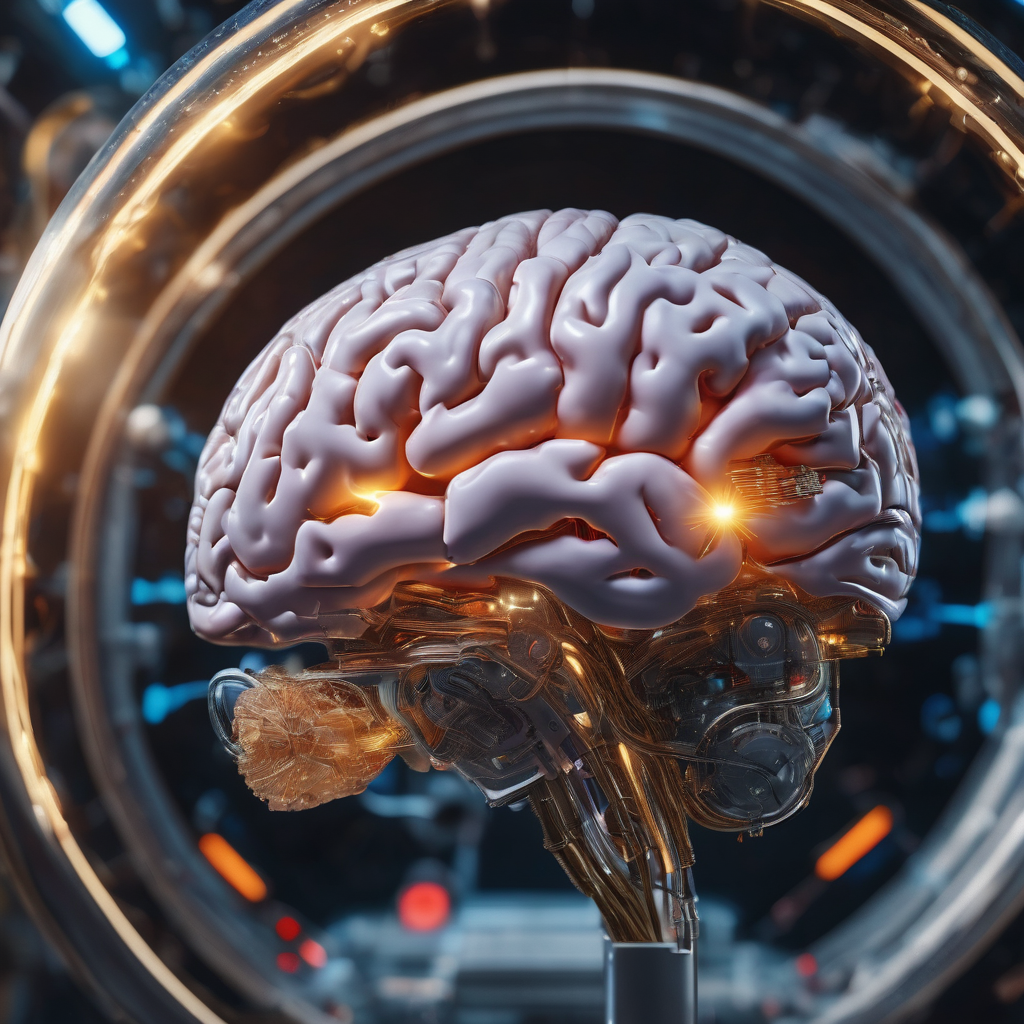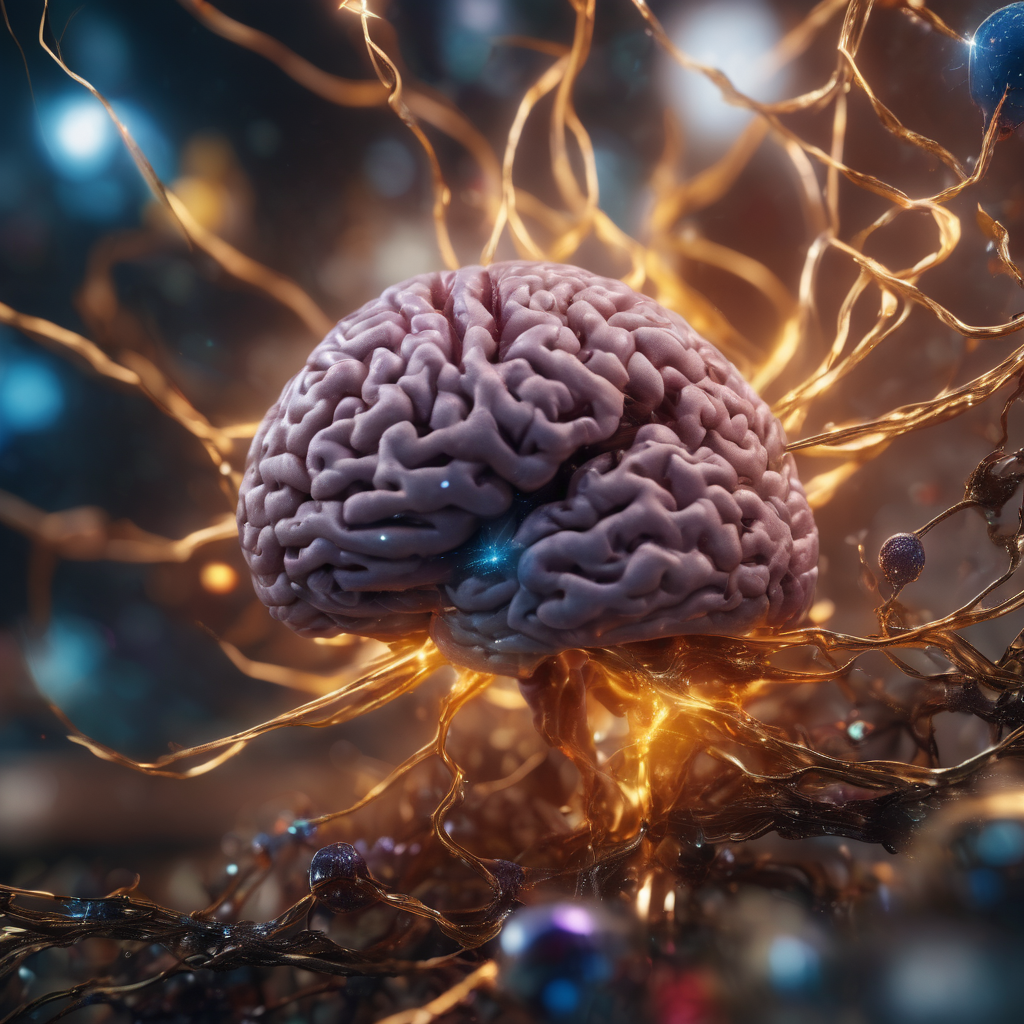Food for Thought Series: Part 1
By Katrina Manaloto, Jade Harrell, Siri Tantry
Welcome back to the Thought Leadership Corner in collaboration with Neurotech@Berkeley. This blog is the first in a series called “Food for Thought.” We’ll focus on the gut-brain axis, its impact on our daily lives, and what we can do to achieve great gut and brain health.
Stop to think about your daily schedule for a second. What do you prioritize? Did you plan for breakfast, lunch, and dinner? Or are you scoffing at that question – thinking, “I don’t have time to eat!”
While it is tempting to skip meals when weighing it against other tasks that “need to get done” that day, I’m sure you know it’s important to push yourself to eat regardless. If you don’t eat, then what happens? The effects of not eating, or not having a healthy diet, are enormous on the body. You can become moody or irritable, feel sluggish and tired, get headaches, tremors, and so many more uncomfortable symptoms after missing just one meal. However, these effects are not always at the top of our minds as we move about our day. The need to eat is so integrated in our lives that the reason why we need to eat is often overlooked. Despite this, our eating habits are the cornerstone to our overall health, longevity, and intriguingly – our brains.

What is the microbiome?
Before we begin to understand the connection between our food and our brain, it’s important to address what the gut microbiome is. In essence, the gut microbiota comprises all the microscopic organisms like bacteria, viruses, fungi, and parasites that live inside our intestines and the general intestinal tracts. While these microorganisms are often thought of as being ‘bad’ for our health, in many cases they’re not. In fact, it’s because of these microorganisms that many of us are able to digest complex carbohydrates like fibers and starches. These microorganisms (microbes) can also play a significant part in protecting our digestive systems from contaminated food or water that we may have accidentally consumed. We can think of these microbes as an “extra organ” in our body – that’s how vital a role they play in our body and digestive system. Given its importance, it’s understandable how the gut microbiome plays an extremely large role in our brain and its connection to the brain-gut axis.
How is neurobiology related to our gut microbiome?
In recent years, the gut-brain axis has been established as a close linkage between our gut microbiome and nervous system. While many years of research have demonstrated the brain’s overarching control of the gut and other organ systems, recent discoveries are revealing that the gut reciprocally affects the brain. This is why they call it the gut-brain “axis”: there is a bidirectional relationship between the two that illustrates how our bodies’ various systems collaborate seamlessly.
One way the gut contributes to the proper function of the brain is by producing neurotransmitters or other neurologically active factors, indirectly regulating central nervous system (CNS) function. In addition, the enteric nervous system (ENS), which has circuitry separate from the CNS and independently controls gastrointestinal function, is highly present in the gut and is one of the largest components of our nervous system as a whole. While the brain may be the most obvious hero of the nervous system, there are an abundance of other components that are equally important for proper function. The gut is one of these underdogs! With this established connection between the gut and the brain in mind, questions of how the gut may affect overall neurological function, disease, and even productivity are at the forefront of this “young and evolving field.”
Have you heard of “gut-healing” supergreens or prebiotic sodas? Keeping the gut-brain axis in mind: Do you think these drinks clear brain fog? Share your answer here. And stay tuned for the next part of our series, where we will be discussing the gut-brain axis and its impact on your productivity and mental health.




